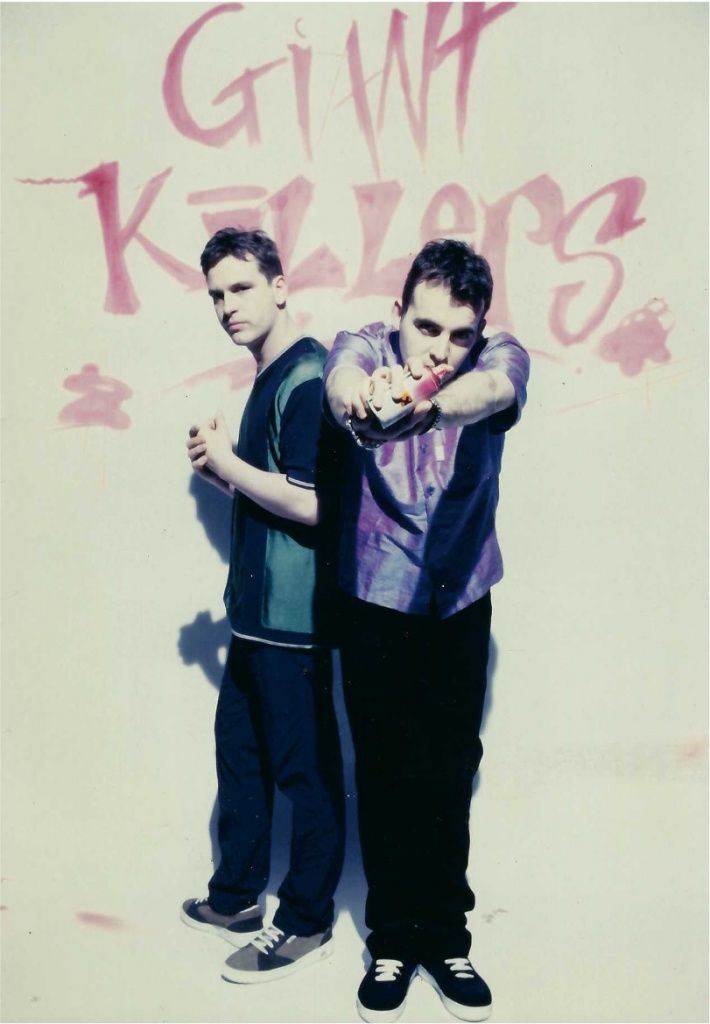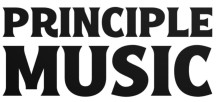Spotlight Release Review | Giant Killers’ “One for Georgie/I Can’t Live With You”: A Hard-Won Victory Lap From 90s Indie Heroes
United Kingdom, Brighton

Some stories in music are worth waiting for. Giant Killers’ journey from MCA-signed hopefuls in the 90s to independent comeback kings in 2025 is the stuff of indie folklore – and their latest double A-side proves exactly why their resurrection matters. Released on 7th March, this pairing of “One for Georgie” and “I Can’t Live With You” showcases a band whose songwriting has matured like fine wine, despite (or perhaps because of) their three-decade industry battle.
“One for Georgie” – the fourth single lifted from their critically acclaimed album “Songs for the Small Places” – is a nuanced meditation on fleeting glory disguised as a tribute to Manchester United legend George Best. Twenty years after Best’s passing, songwriting duo Jamie Wortley and Michael Brown deliver a track that balances genuine admiration with cautionary wisdom about hero worship. With jangly guitars and an effortlessly infectious chorus, the band creates the perfect vehicle for lyrics that remind us “your heroes will always let you down.”
The song’s backstory adds another layer of poignancy – when MCA originally earmarked it as a single in the 90s, the band actually met Best, who agreed to appear in the video. An infamous night out in Fulham which lead to an encounter, shared beer and number exchange with footballing icon and Slade’s Noddy Holder (who drunkenly agreed to sing on the record) only adds to the mythology. That these plans were scuppered by the band’s split with MCA feels like a perfect metaphor for their brush with mainstream success.
On the flip side, “I Can’t Live With You” is a previously unreleased powerhouse that roars with the energy of youth but benefits from decades of perspective. Neil Conti (of Bowie, Prefab Sprout, and Robert Plant fame) delivers thunderous drums that propel this angular power-pop gem about Wortley and Brown’s early days living in poverty as aspiring musicians in North London. The track perfectly captures both the frustration and camaraderie of that period, with a chorus hook that lodges firmly in your brain after a single listen.
What makes this release particularly satisfying is knowing that these songs – like the rest of Giant Killers’ output – were nearly lost forever. After fighting for three decades to reclaim their rights from the industry machine, there’s a sense of vindication in every note. As Louder Than War aptly put it, the fact that they’re “once more a going concern rather than a mere footnote is something for which we should be very grateful.”
For a band that’s played Glastonbury, opened for Lionel Richie at Hyde Park, and toured with everyone from Squeeze to Blur, this double A-side isn’t just another release – it’s proof that good songs find their audience eventually, even if it takes 30 years of persistence. In an industry obsessed with overnight success, Giant Killers’ patient rebellion feels like the most rock and roll story of all.


